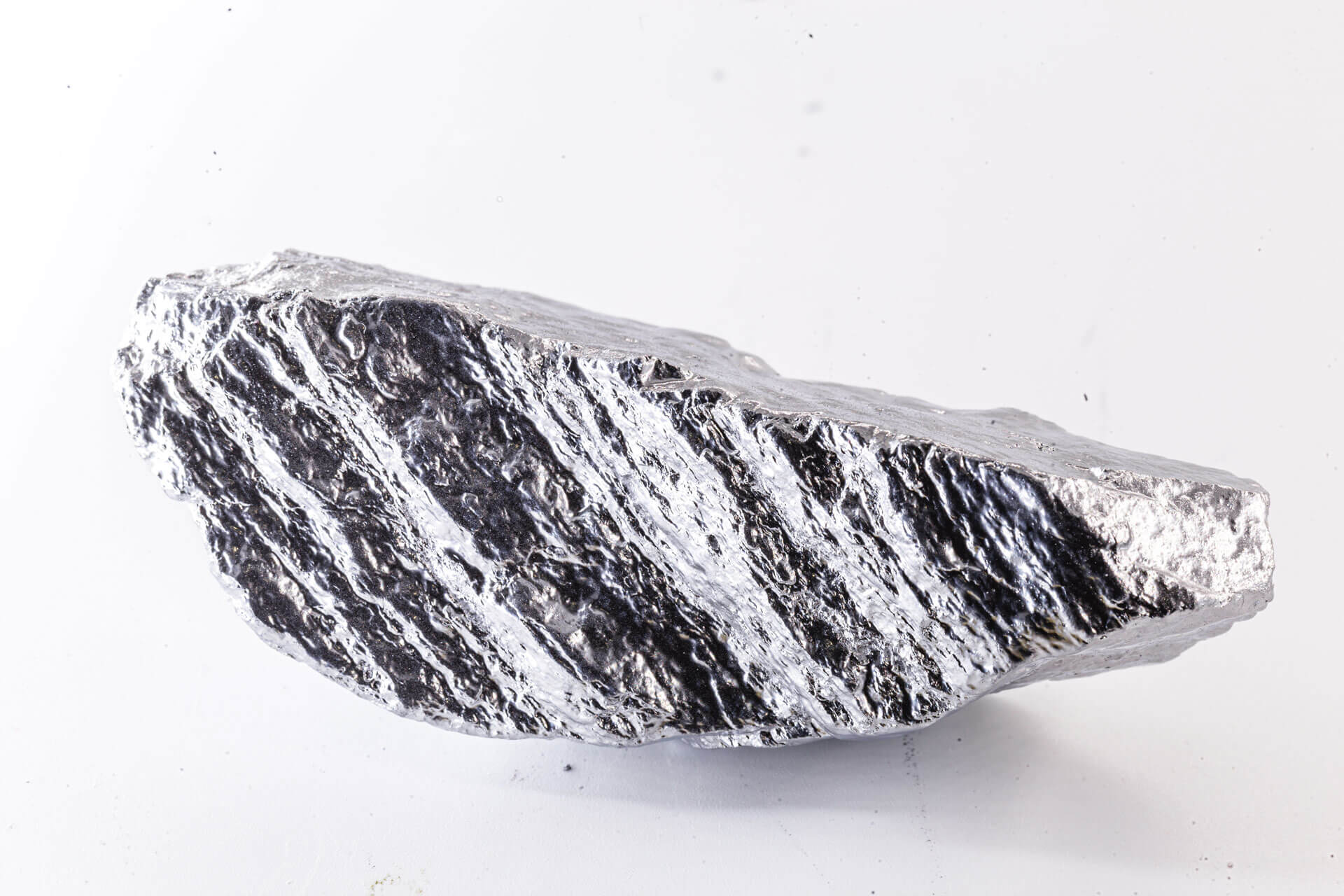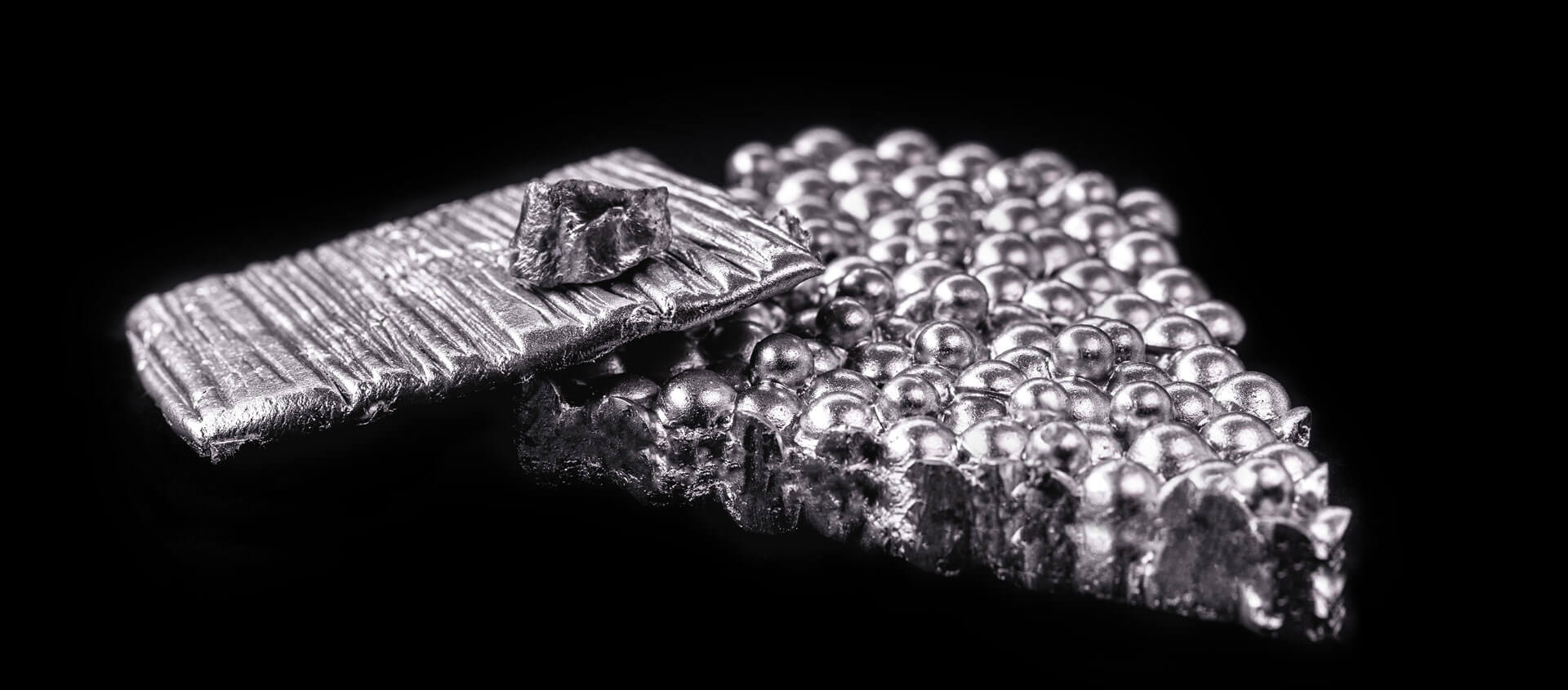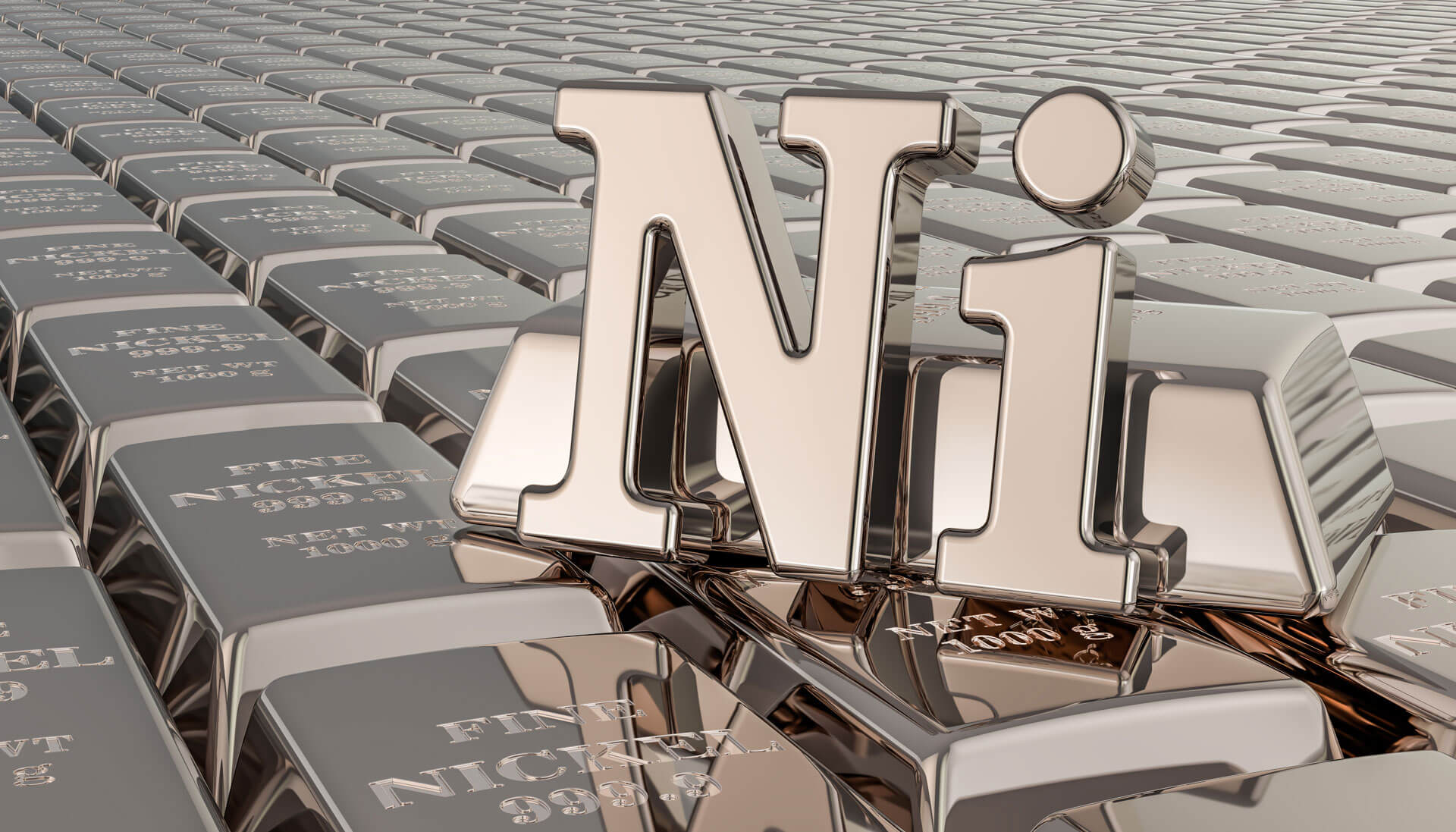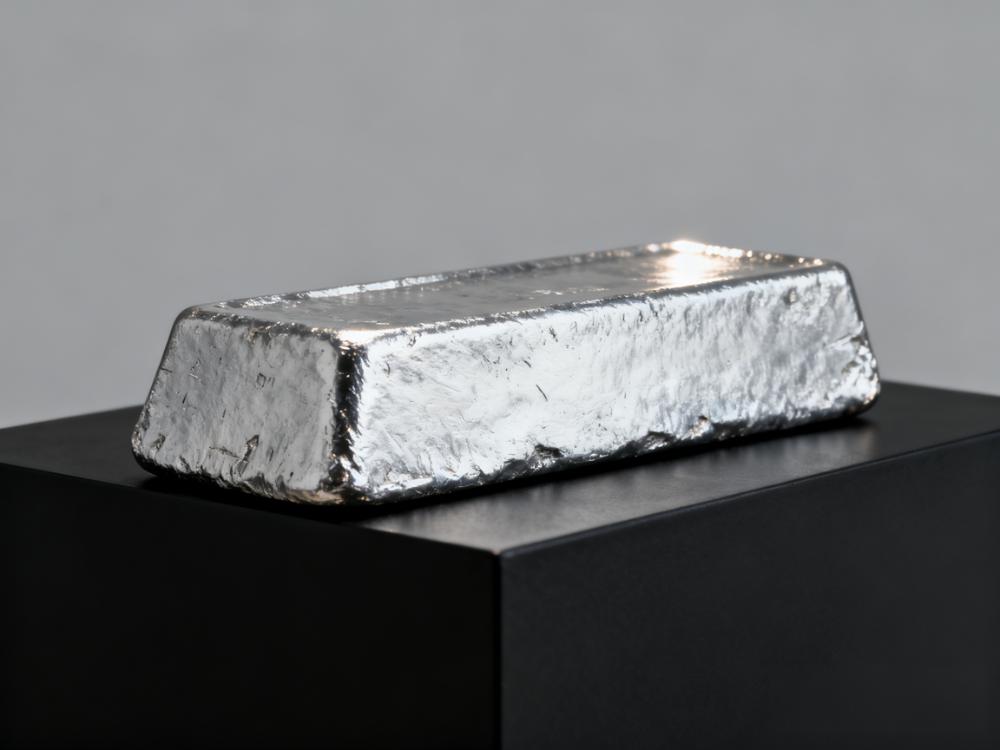SHANGHAI, Jan 18 (SMM) – The European Union (EU) required the World Trade Organisation (WTO) on January 12 to establish a group to rule on Indonesian nickel ore export restrictions. As early as November 2019, the EU filed a complaint to the WTO about Indonesia's restrictions on nickel ore exports. The ruling usually takes at least one year. The European Commission said on January 12 that it will request the WTO to establish a panel to make a ruling.
The European Commission stated on November 25, 2019 that the EU filed a complaint with the WTO over Indonesia's restrictions on the export of nickel and other raw materials. The committee responsible for coordinating EU trade policy, which is composed of 28 countries, said that these restrictions unfairly restricted the entry of EU producers, particularly nickel, scrap metal, coal and coke, iron ore and chromium. The committee also questioned subsidies that encouraged Indonesian producers to use local materials rather than imported materials, which violates WTO rules.
European Trade Commissioner Cecilia Malmstrom stated that the measures taken by Indonesia endangered further operations of the EU steel industry. The European Commission’s statement stated that “despite our joint efforts, Indonesia has taken measures and even announced a new export ban on January 2020.”
Indonesia is the world's largest exporter of nickel ore. At the beginning of 2020, it announced restrictions on exports to stimulate the development of processing enterprises in the country. The WTO complaint started with a 60-day period, and the two parties negotiated to resolve the dispute. The complainant can then request a three-person panel to make a ruling, which usually takes at least one year.
The commissioning of NPI projects in 2020 entered a stage of rapid development. In 2020, Indonesia added 360,000 mt of NPI capacity with Ni content, an increase of 67%. The construction of hydrometallurgical projects related to new energy was also in full swing. Indonesia has banned the export of nickel ore, but did not ban exports of processed products like NPI, stainless steel, and hydrometallurgical products MHP/nickel sulphate. The market believes that Indonesia is unlikely to free up nickel ore exports.
SMM believes that even if the ban on nickel ore exports is lifted, the expansion of its market share in the nickel industry would only slow down. The dominant position of the Indonesian NPI market will continue to stabilise. But for China, tight supply of nickel ore will ease and the impact on Chinese NPI producers from rapid expansion of Indonesian NPI projects will decrease.
Indonesia's NPI capacity and output 2011-2021E

For more information and updates on the China nickel sector, please subscribe to China Nickel Weekly.



